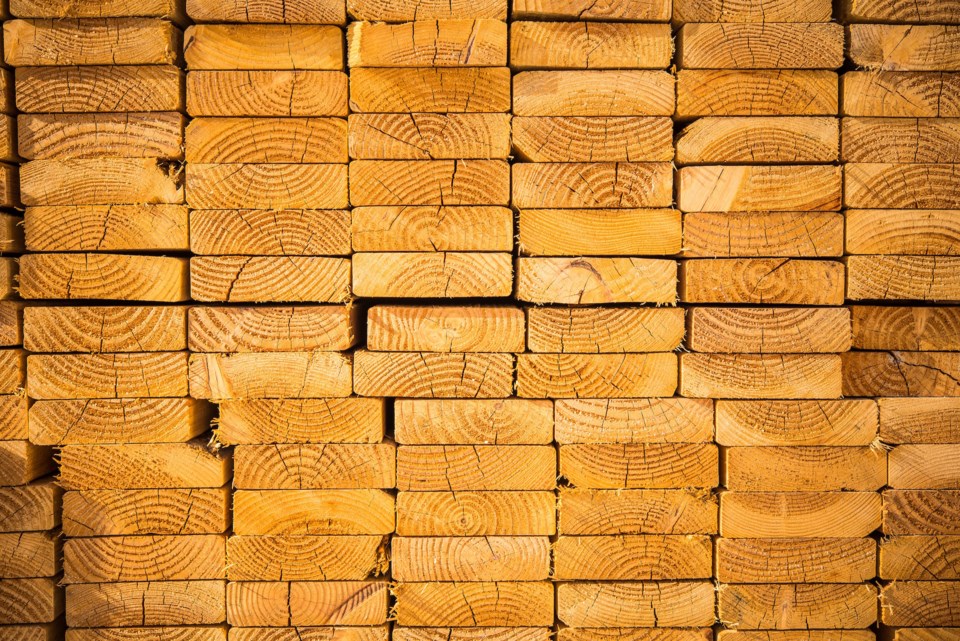Canadian forestry companies will pay more for future exports to the U.S. after last week’s announcement, but it’s unlikely Cochrane’s Spray Lake Sawmills will be directly affected by the rise in tariffs.
The U.S. Department of Commerce announced increased rates for forestry companies involved in the second administrative review on Nov. 24.
“Plain and simple: higher tariffs for our forestry companies is completely unacceptable,” said Forestry Minister Nate Horner.
Affected companies in Alberta will pay between 11.12 per cent and 19.54 per cent on future exports, Horner said.
Additional duties between 2.15 and 14.92 per cent may also be added on exports made between Jan. 1, 2019, and now to make up for the difference in rates.
“The U.S. is a critical customer for us, with 91 per cent ($1.2 billion) of our softwood lumber exports going there,” Horner said, noting an estimated $5.6 billion in duties has already been collected from Canadian companies since 2017.
“Any amount of duties unfairly targets our softwood lumber exports and these decreasing and then increasing rates creates uncertainty on both sides of the border,” he said.
Spray Lake Sawmills’ vice-president of woodlands Ed Kulcsar said they are in wait-and-see pattern but are watching closely.
“They don’t directly affect us as we don’t ship directly to the United States,” he said. “Whether the duties will indirectly affect us through our Canadian companies remains to be seen.”
The increased rates, he said, could limit Spray Lakes’ sales to local wholesalers if they export it to the U.S.
Kulcsar also noted prices, too, could be affected depending on how the market responds.
“The price of lumber is kind of a North American-set price, so it could indirectly affect prices in Canada as well.”
He said tax increases like this are typically absorbed by the U.S. customers.
“At the end of the day, when you do end up with a tariff like this, it really is a tax on U.S. consumers who rely on our Canadian lumber – so if they’re willing to absorb that tax, then generally we wouldn’t see an impact.”
If they don’t, however, Kulcsar said that would restrict demand and indirect consequences could be seen locally.
“You could end up with an over-supply situation,” he said.
Kulcsar said he’s encouraged the Canadian government has indicated they will continue to fight unwarranted taxes, but this increase comes as no surprise to him.
“The U.S. with its continued harassment on Canadian lumber imports despite repeated trade rulings in Canada’s favour, it is an ongoing saga and usually what’s required at the end of the day is a negotiated settlement, so we’ll just have to see what’s at play here.”




